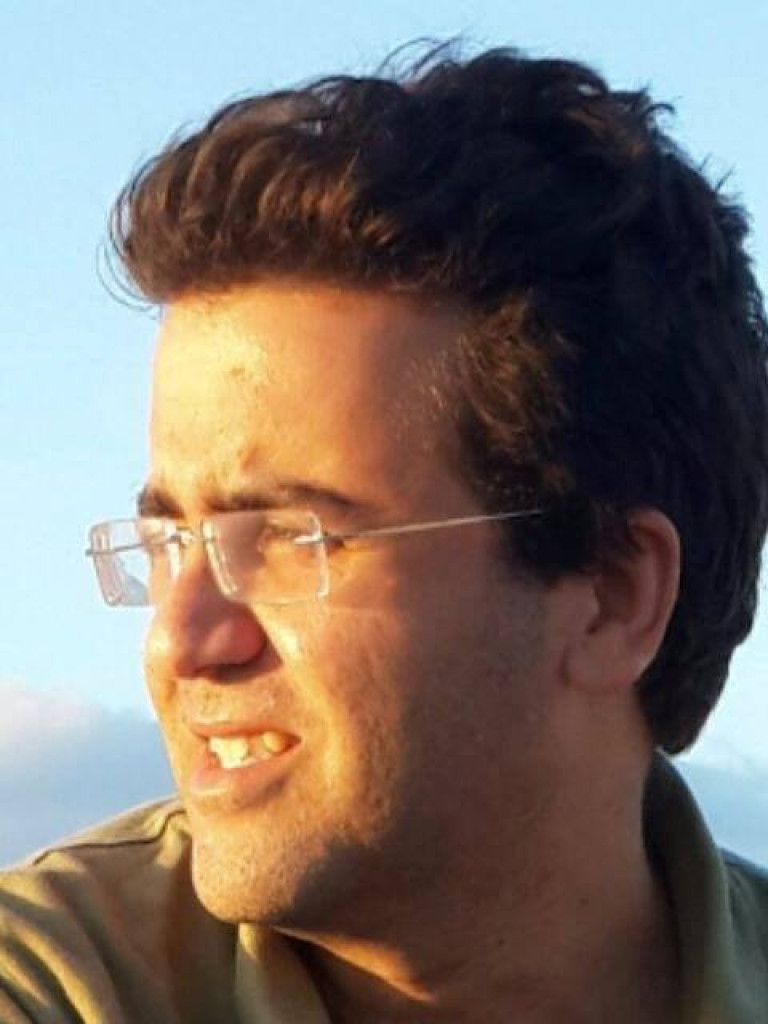
Amin Ashrad
- 2015
- Press Fellow
I am the Head of the Science & Health department in Al-Ahram Newspaper. I am responsible for two weekly pages one on science and health, and the second on innovation and technology. I am also responsible of Al-Ahram Science Club which is an open to public weekly science session that we organize to raise the public understanding on varied science topics. I have been working as a science journalist for 17 years. I hold a Master degree in science policies from Sussex University, UK and a B.Sc. in Chemistry and physics from Cairo University. 1. Why did you choose to become a science journalist? I originally hold a B.Sc. degree in Chemistry and physics and when I switched my career to media, it was quite obvious that very few people would do science journalism in Egypt. So, it has been an amazing experience of continuous learning through covering a wide range of topics like health, energy, science policies, new technologies and basic science research. 2. What role do science and science communication play in your country? Science is quite important in my country, though there are not enough channels to promote evidence based science or good science stories and one of the main reasons for that is the lack of funding and the lack of stakeholders who could lobby for science policies. 3. What speakers or topics of this year’s Falling Walls events are you most looking forward to? And why? I am quite interested to attend the falling wall lab to witness the topics that the young researchers from all over the world will discuss. I think that they may have challenging ideas to share. I am interested as well to listen to the great names that will be speaking specially Demis Hassabis, Jakie Ying and Emmanuelle Charpentier as there topics are quite inspiring. 4. In your opinion, which are the walls that will have to fall in science and society within the next five years? I think there are many walls that should fall in the coming years especially in the developing world like pseudoscience stories that are in some countries more endorsed due to the lack of public understanding of science. A second topic that I would suggest which the walls that are currently present in the Middle East in /and between the countries.